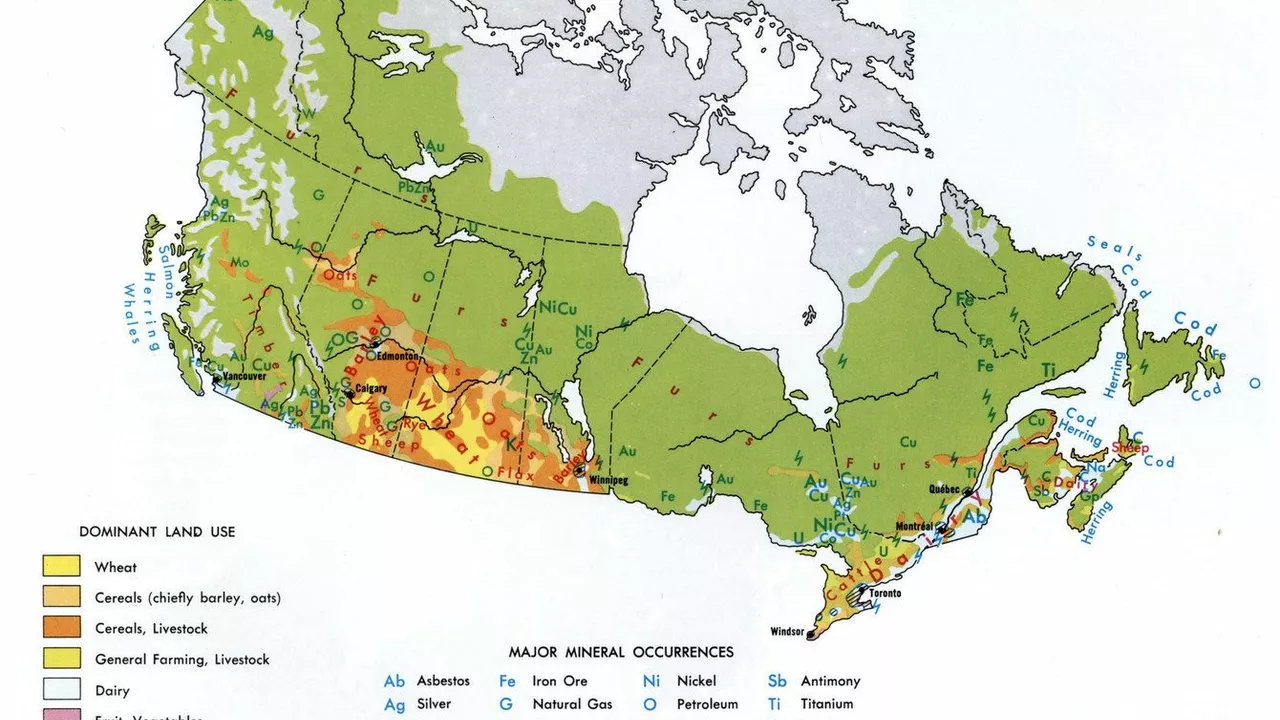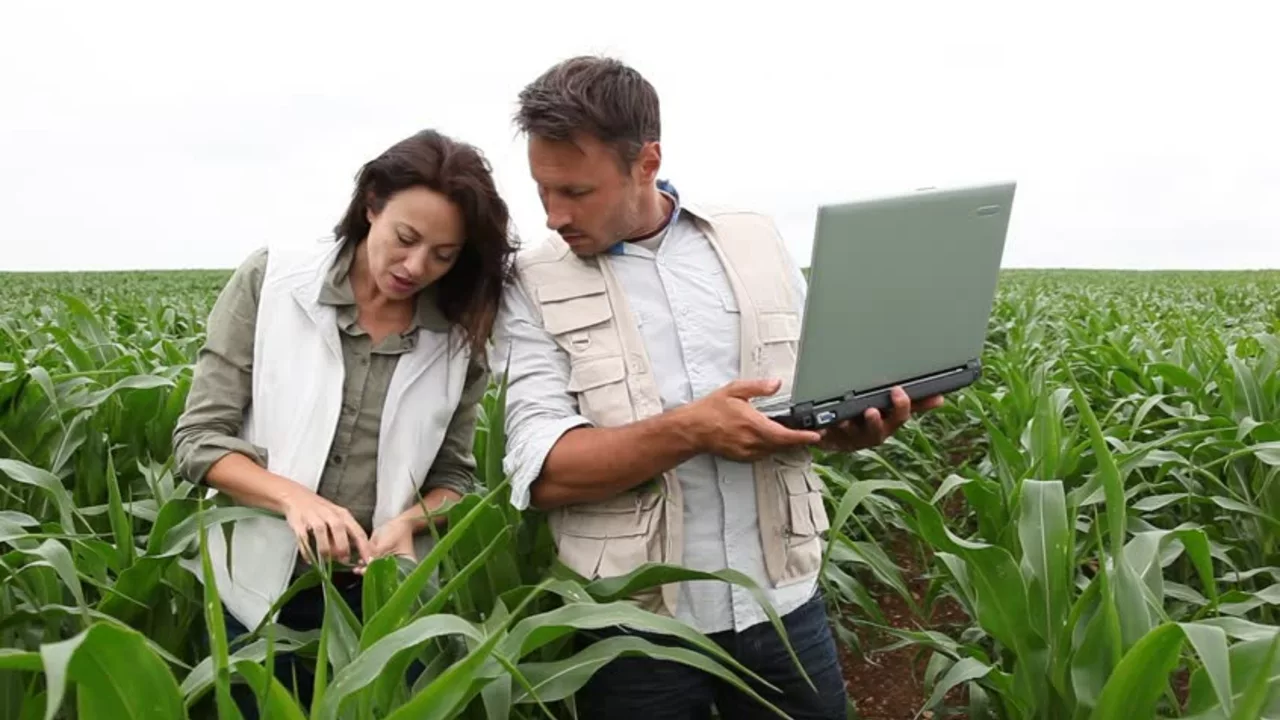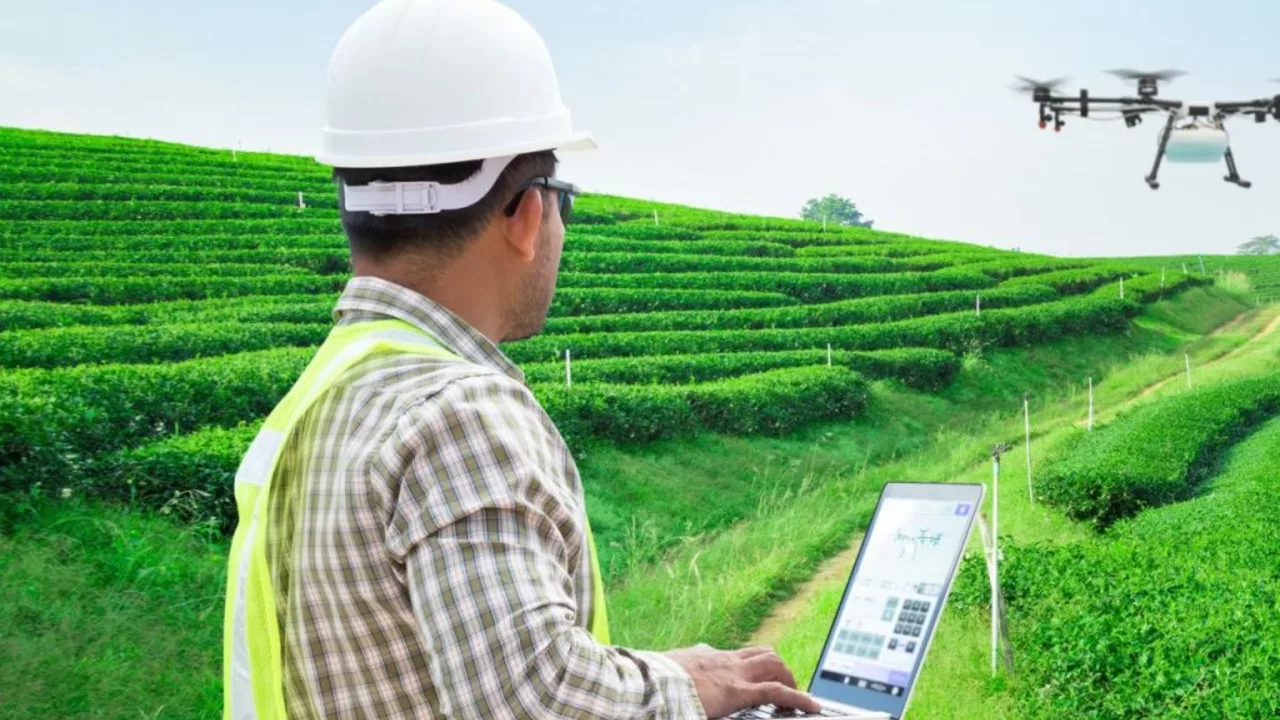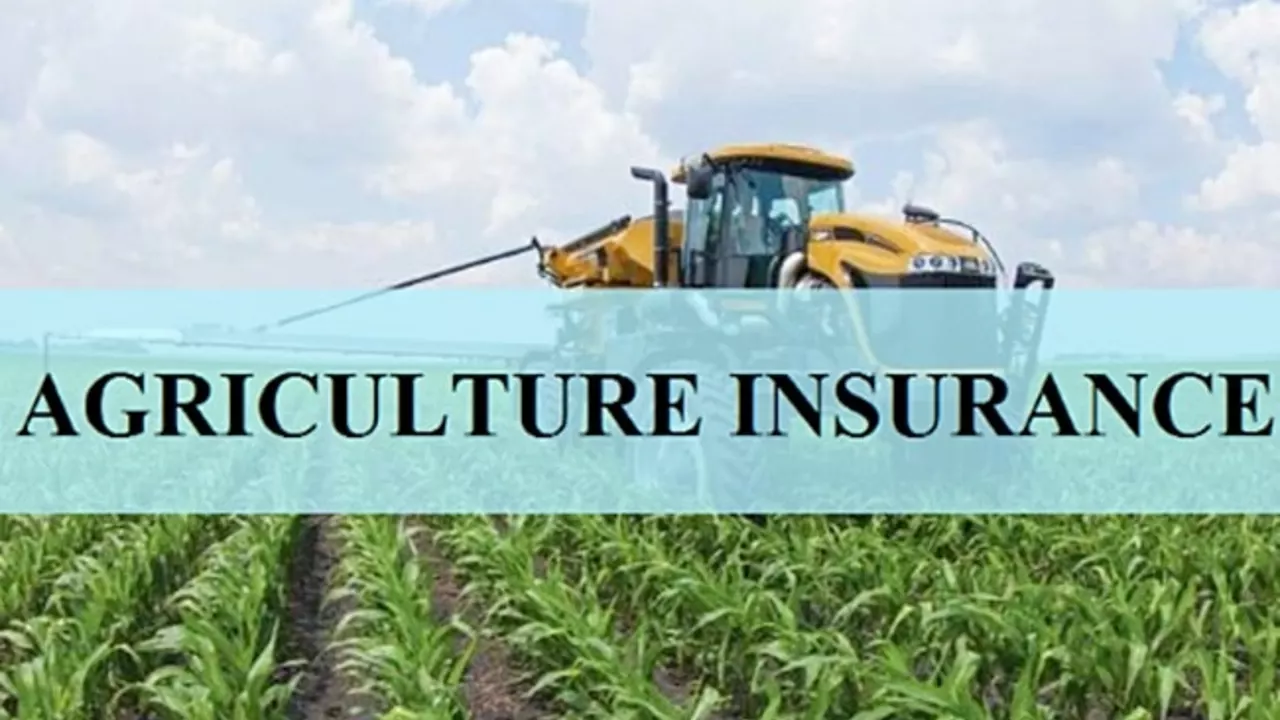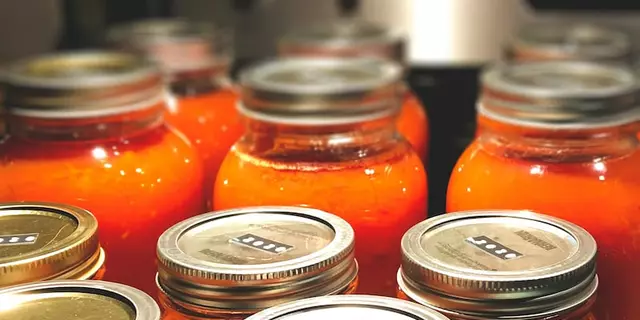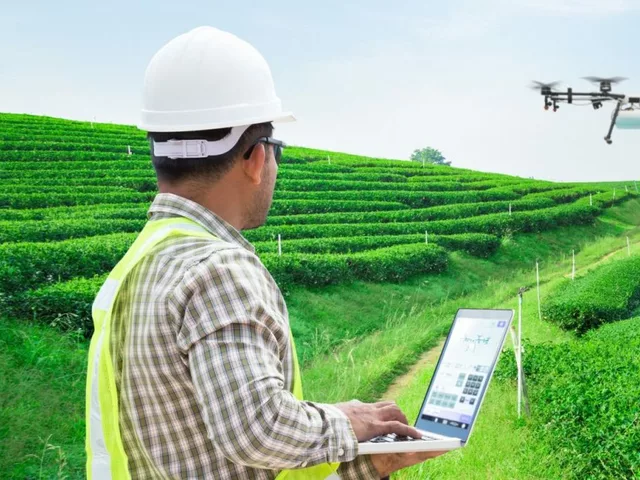Archive: 2023/07
Alden Thorneberry, Jul, 29 2023
What percent of the US land is used for agriculture?
Well, buckle up, folks, because we're diving into the land of endless fields and mooing cows - yes, we're talking about agriculture in the good old USA! You'd be amazed, but nearly 40% of the total US land is used for farming, that's right! Imagine, it's like taking four out of every ten backyards and turning them into a cornfield, a wheat field, or a cow pasture. So, next time you're munching on that juicy burger or buttery corn on the cob, remember, it might just come from your neighbor's "backyard"! Now, isn’t that a fascinating bite of knowledge to chew on?
View MoreAlden Thorneberry, Jul, 28 2023
What are satisfiable jobs an agricultural student can opt for?
Well, let's dive right into the field of exciting opportunities for agricultural students, shall we? Fancy getting your hands dirty? Then you might consider becoming a Soil Scientist, where you'll dig deep into the world beneath our feet. Or perhaps you're more of a people person? Then Agricultural Sales could be your calling, selling everything from tractors to the finest organic seeds. If you're a tech whiz, Agricultural Engineering might be your cup of tea, designing futuristic machines to help farmers. But if you're more into the science of growing things, then a role as a Crop Geneticist could be just the ticket. So, my green-thumbed friends, the world is your oyster - or rather, your pumpkin patch!
View MoreAlden Thorneberry, Jul, 23 2023
What is the disadvantage of a computer in agriculture?
While computers have revolutionized many aspects of agriculture, they are not without drawbacks. For starters, they can be expensive and complicated to operate, especially for small-scale farmers or those in developing regions. There's also a risk of over-reliance on technology, potentially leading to a loss of traditional farming knowledge and skills. Additionally, the use of computers in agriculture raises concerns about data privacy and security. Lastly, technical issues and breakdowns can disrupt farming operations, causing significant losses.
View MoreAlden Thorneberry, Jul, 19 2023
Is it necessary to depend on government for agriculture?
In my exploration of whether it's necessary to depend on government for agriculture, I've found that government plays a critical role in providing essential support and resources. They offer guidance and implement policies that ensure food safety and sustainable farming practices. Additionally, government subsidies often help farmers manage the risks of unpredictable weather and market prices. However, over-reliance may stifle innovation and entrepreneurship in the sector. Hence, a balanced approach seems best, where the government and private sector work hand in hand.
View More